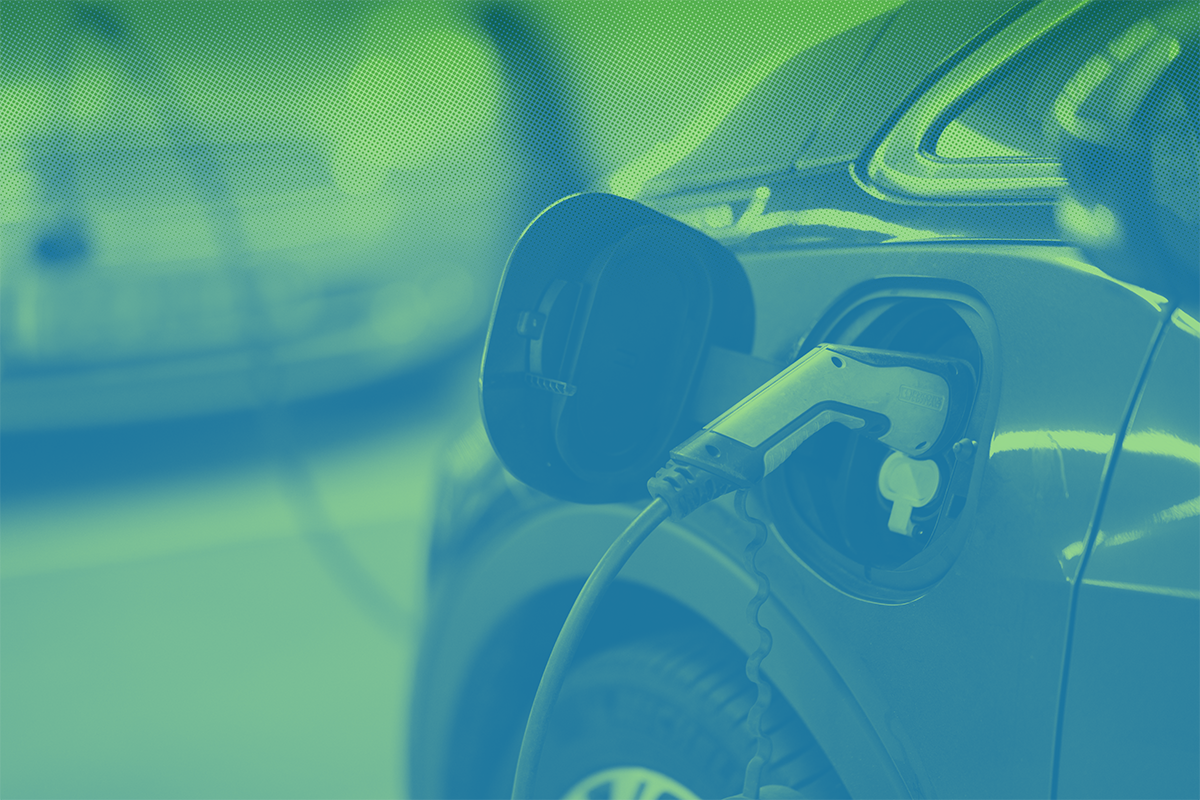
Helping practitioners and policymakers move faster on cutting transport carbon
EXPERT GUIDANCE, EVIDENCE AND OPPORTUNITIES TO SUPPORT A ZERO EMISSION TRANSPORT FUTURE

How to use these resources
Welcome to Cut Carbon, a platform dedicated to supporting transport decarbonisation efforts in the UK.
On this page you will find leading expertise on decarbonisation from across science, engineering and social science, covering all transport modes and fuelling options.
We encourage you to explore the network’s resources below, download the guides, and connect with experts.
We hope this guide helps you make the most of our website and resources as you explore a greener, more sustainable transport future.
How to use these resources
Welcome to Cut Carbon, a platform dedicated to supporting transport decarbonisation efforts in the UK.
On this page you will find leading expertise on decarbonisation from across science, engineering and social science, covering all transport modes and fuelling options.
We encourage you to explore the network’s resources below, download the guides, and connect with experts.
We hope this guide helps you make the most of our website and resources as you explore a greener, more sustainable transport future.

Sign up to mailing lists
Keen to stay up to date with the next generation of research and development on cutting carbon in the transport sector and beyond? Sign-up to receive insightful email updates from respected sources on the topics that are of most interest to you.
DecarboN8
Visit the DecarboN8 website today to access its toolkit of resources and insights across topics in net zero transport and place-based implementation.
Every place has its own net zero transport future, individually shaped by and built to benefit local people and economies. These futures need to develop quickly, and in a way that makes sense – for communities, housing, business and individuals.
There are solutions at hand today, offering real value and rapid progress. Locally adapted policy and planning will unlock cheaper, more effective and outcome-focused development.
This won’t be easy. There will be changes affecting everyone. Throughout it all, discussion and dissent are essential to build a carbon free future with a real social mandate.
Network H2
Visit Network H2’s website to discover the latest findings, recommendations and resources for practitioners around the hydrogen transition.
Hydrogen has a key role to play in the future of zero carbon transport. While it has the potential to replace hydrocarbons as the world’s go-to fuel for long distance journeys, it needs help getting there.
Cost and access will determine the scale and depth of its adoption – recognising and incentivising alternative fuels like hydrogen is key to driving technological advancement and joined-up planning.
This is not a battle between battery and hydrogen power – rather, we need to focus on finding the best fuelling fit for each transport use case.
Hydrogen has a role to play in nearly all modes of zero carbon transport, whether it’s the core fuel for international shipping, supplying ports and surrounding industries, or powering the production of clean, synthetic aviation fuels.
Decarbonising Transport through Electrification
Explore DTE’s hub of state-of-the-art resources on transport electrification through their website.
New electric road transport systems are just one of many technologies placing demands on the grid. When, where and how fast we charge our vehicles is not just a transport problem.
In a world where transport, industry and other sectors all draw from the same network, electrical storage, distribution networks and charging infrastructure need to be brought together like never before.
Planning these elements together with energy generation will deliver resilient, empowering transport infrastructure that supports consumer and business confidence.
Achieving this demands innovation – not just in technologies, but across new business models and flexible services that match system needs with EV requirements and consumer preferences.
Decarbonising UK Freight Transport
Download the DUKFT final report to access its final conclusions and key policy and investment recommendations for the future of decarbonised freight.
Whether it’s through direct power or the creation of renewable fuels, electrification will be a critical part of all carbon-free freight transport modes.
As a certain part of our carbon-free future, electrification is the natural starting point for de-risked investment towards a zero emission, multi-mode freight system.
Investment for adoption should focus on institutions rather than individual innovations, with new business models and regulatory changes as priorities.
Decarbonisation of the transport system needs to be taken as a whole, considering all modes, fleets and infrastructure types. Supporting first movers and focusing on areas of synergy, such as ports, will enable the rapid transition that we need.
NewJet
NewJET focuses on the science, regulatory and business model challenges of the shift to zero carbon aviation.
To find out more, get in touch with Simon Blakey.
The demand for aviation is set to grow. Improvements to aircraft design and airport operations have already been made. To cut emissions requires moving faster on a transition to lower and then zero emission fuels.
The aviation industry is global and agreeing changes to standards and practices can be slow. The specification for jet fuels has not changed much since the 1960s. There is though, now, an imperative to accelerate the shift to low carbon fuels through blending with bio-fuels in the short run. Whilst this offers some improvements, the processing and the wider land-use impacts may limit deployment.
Attention is also turning to e-fuels, using hydrogen from green electrolysis and combining it with carbon from direct air capture to create synthetic fuels. If there is enough electricity generated by zero carbon sources then this would be a path to zero carbon aviation. However, this is an energy intensive way of making fuel. It is not yet cost-effective and there is not enough green electricity. There are some concerns about the global warming effects of water vapour at high altitudes which means this is not yet a robust solution.
Cut Carbon
Cut Carbon is your trusted source for state-of-the-art insights and resources on UK transport decarbonisation, built to help decision makers drive progress in the face of rapid technological change.
It’s time for zero carbon transport to move forward. Aligned, confident decision making across a multitude of transport sectors is essential to achieving zero – carbon transport.
As the meeting point for five transport carbon-cutting knowledge networks, Cut Carbon collates leading expertise on decarbonisation from across science, engineering and social science, covering all transport modes and fuelling options.
Now completed, Cut Carbon has also identified the next key questions facing the sector. As well as being a blueprint for decarbonisation, it’s your connection to the emerging research initiatives that will address these challenges.

Cut Carbon
Cut Carbon is your trusted source for state-of-the-art insights and resources on UK transport decarbonisation, built to help decision makers drive progress in the face of rapid technological change.
It’s time for zero carbon transport to move forward. Aligned, confident decision making across a multitude of transport sectors is essential to achieving zero – carbon transport.
As the meeting point for five transport carbon-cutting knowledge networks, Cut Carbon collates leading expertise on decarbonisation from across science, engineering and social science, covering all transport modes and fuelling options.
Now completed, Cut Carbon has also identified the next key questions facing the sector. As well as being a blueprint for decarbonisation, it’s your connection to the emerging research initiatives that will address these challenges.
Get in touch
Contact us to find out about new research initiatives, request resources or to tell us about a project or initiative that might be of interest to Cut Carbon and its researchers.
General enquiries about the Cut Carbon networks
Email: Tina Shield, Project Officer: c.a.shield@leeds.ac.uk
DecarboN8: place based decarbonisation for transport
Decarbonising Transport through Electrification
Website
Email: transport@dte.network
General enquiries about the Cut Carbon networks
Email: Tina Shield, Project Officer: c.a.shield@leeds.ac.uk
DecarboN8: place based decarbonisation for transport
Decarbonising Transport through Electrification
Website
Email: transport@dte.network
More About Cut Carbon
Cut Carbon is a hub for the final learnings of each network, as well as connections to their essential resources. It’s home to the knowledge needed to cut through the hype and decision paralysis, delivering effective science-based methods that will make low- and no-carbon transport a reality.
The member networks each bring academic, industrial and policy expertise from a specialist area. Together, they represent the leading edge of carbon reduction technology and practice across road, rail, marine and air transport.
Key areas of focus include lower carbon air travel, smart vehicle to grid connectivity, decarbonising freight transport, transport electrification, hydrogen fuels, and place-based mobility.
Cut Carbon and its five member networks are funded by the Engineering and Physical Sciences Research Council (EPSRC), a part of UK Research and Innovation (UKRI).

More About Cut Carbon
Cut Carbon is a hub for the final learnings of each network, as well as connections to their essential resources. It’s home to the knowledge needed to cut through the hype and decision paralysis, delivering effective science-based methods that will make low- and no-carbon transport a reality.
The member networks each bring academic, industrial and policy expertise from a specialist area. Together, they represent the leading edge of carbon reduction technology and practice across road, rail, marine and air transport.
Key areas of focus include lower carbon air travel, smart vehicle to grid connectivity, decarbonising freight transport, transport electrification, hydrogen fuels, and place-based mobility.
Cut Carbon and its five member networks are funded by the Engineering and Physical Sciences Research Council (EPSRC), a part of UK Research and Innovation (UKRI).